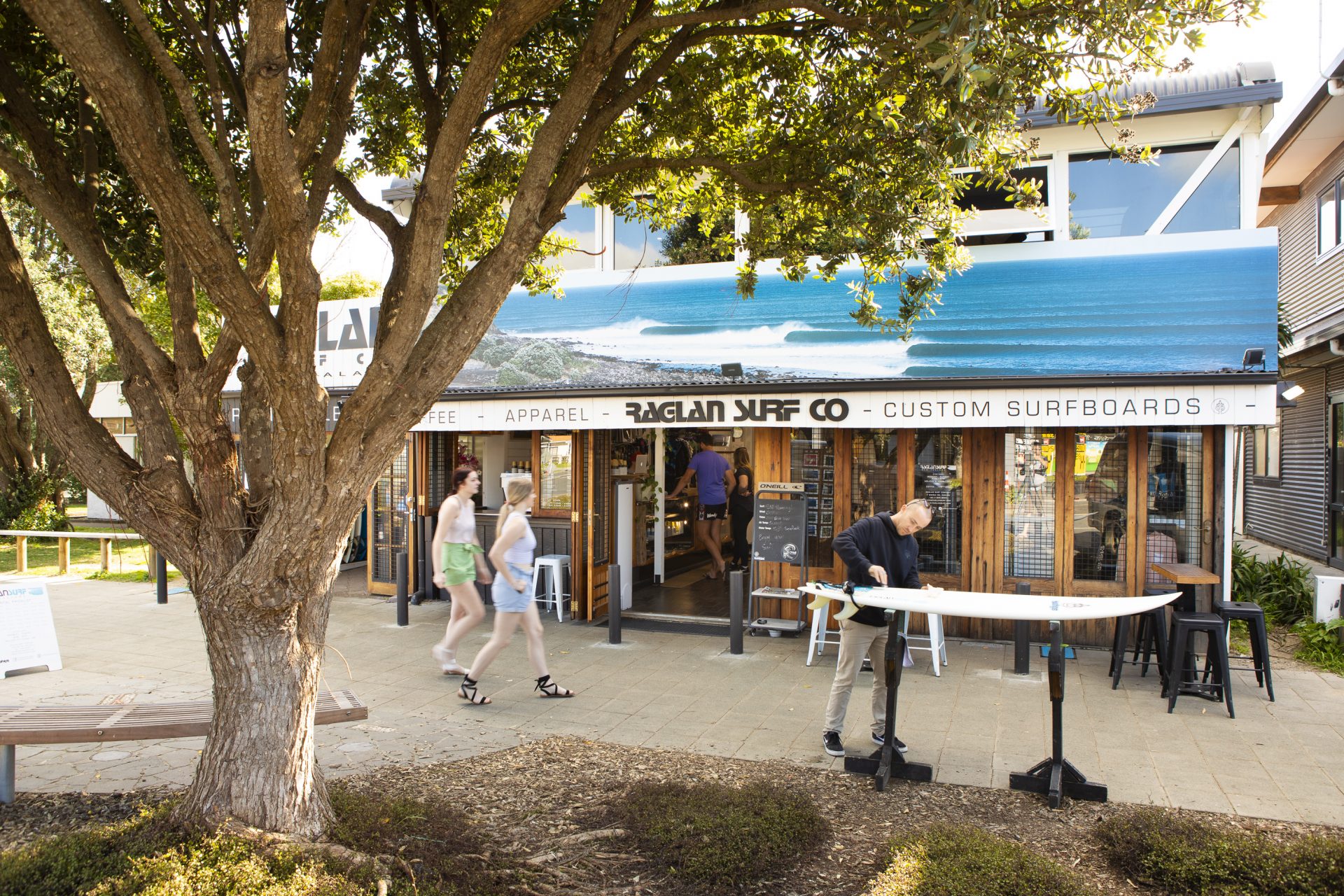The Covid-19 health crisis has taught New Zealanders a lot of things, but nothing has become clearer: we need to support local surf businesses. By supporting them we pump the vascular system of our very own New Zealand surf industry. And that reaches deep into the heart of our surf culture.
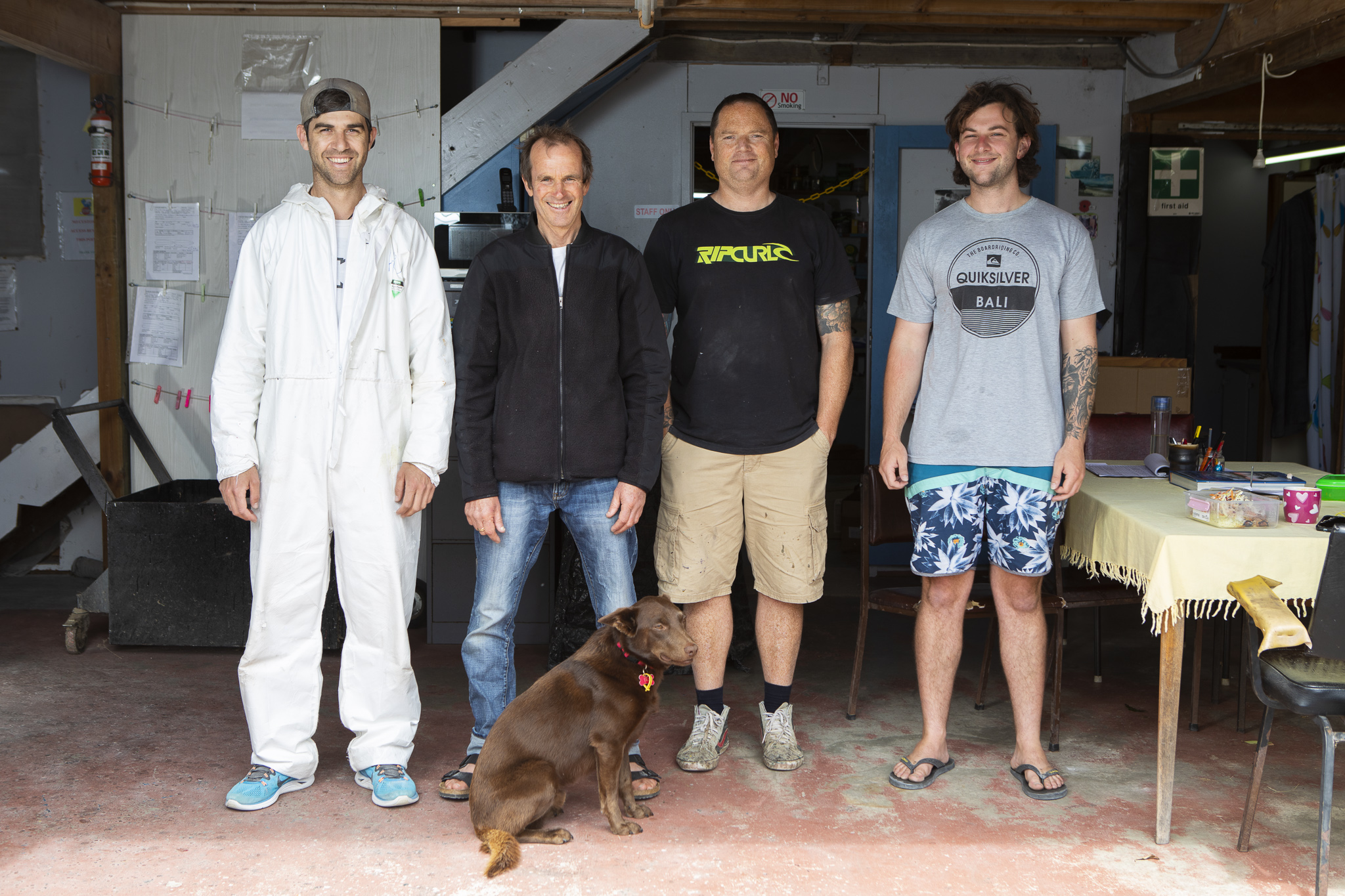
There are two surf shops near our local beach. They’re tiny and light on stock, but they have the essentials when we need them. Tear a hole in our wetsuit and we can be back out there within minutes. Snap a board and they’ll have something on the rack in time for the pushing tide. That’s something of a luxury, and most of us take it for granted, but the reality is that these places are often struggling.
They’re also one of the only corners of the surf industry to pump money directly into the grassroots of the sport. They care about New Zealand surfing. They depend on it. They sponsor events, fill entry bags with prizes or offer cash, they help a promising young surfer with equipment or to travel to events. They employ locals and spend locally.
You only have to follow the money trail to see what happens. How much of the $700 you dropped on the latest rubber from a UK website actually makes it back to New Zealand? Not a single cent, other than a courier’s employment for the duration of the actual delivery. And maybe the $105-plus costs that you’ll pay on top of the $700 when customs get hold of the package on the way in. But the net worth to the New Zealand surf industry is zero.
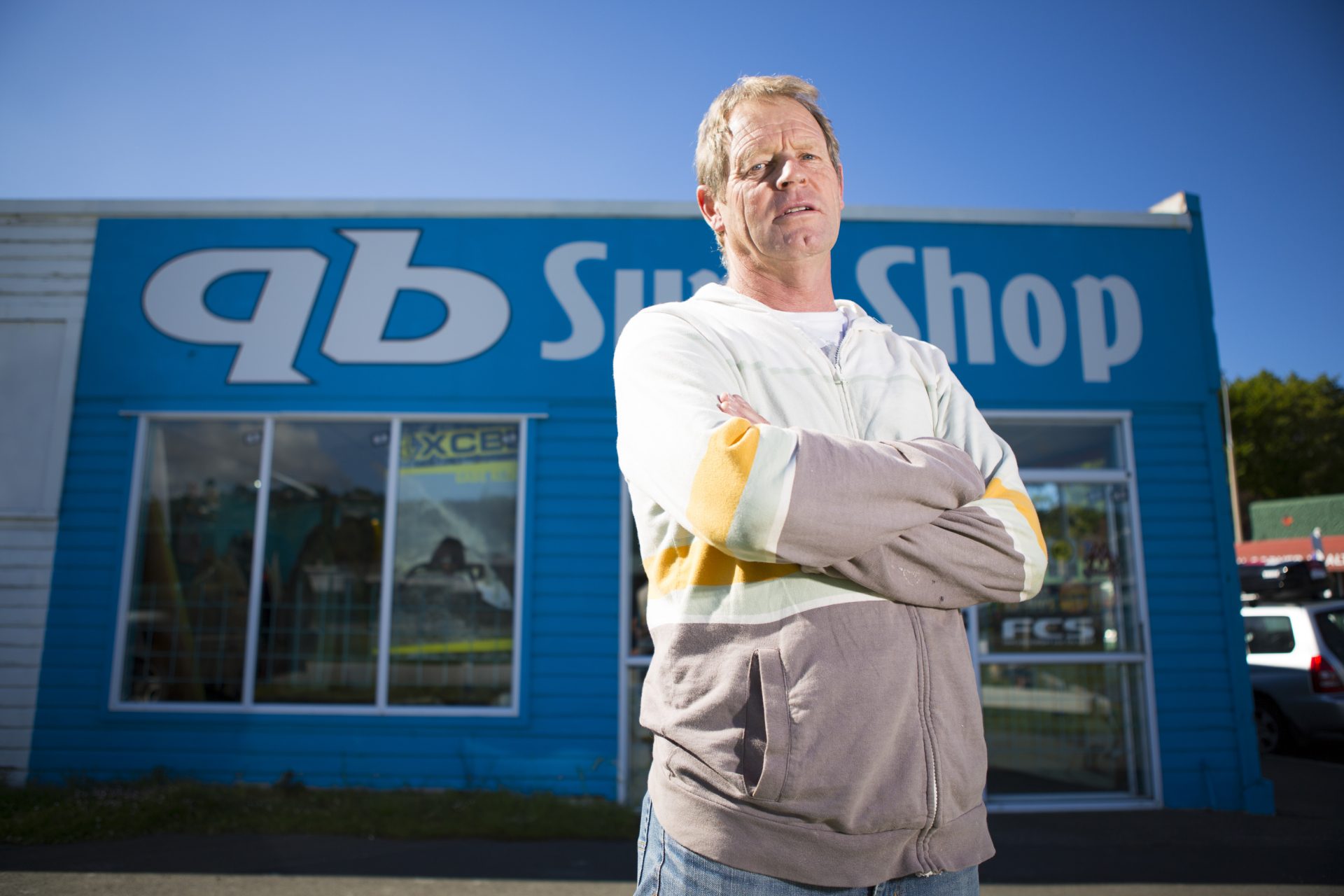
Conversely, if you buy online from the surf shop at your local beach, then your local surf shop is getting close to half of that same $700. That keeps their lights on, pays their New Zealand taxes and pays staff. Most importantly, it allows that surf shop to sponsor a local surfer, hire locals and support local boardriders clubs, media and events. Their investment in these things is critical to pumping the vascular system of our surf industry with lifeblood. It invigorates surfing and brings everything up a level in excitement and possibility.
Right now, in New Zealand, that lifeblood is a trickle. But it doesn’t have to be that way. It might cost you slightly more if you’re lucky enough to skip the customs fees and GST, but in the long run surfing in New Zealand suffers. International surf shops really don’t care or even know about a comp in Kaikoura, or some kid from Sumner who’s just won a national title at 14. They really couldn’t care less. But your local surf shop does. Even the small number of surf chain stores we have in New Zealand employ locals and give back to the sport through sponsorships and various ways.
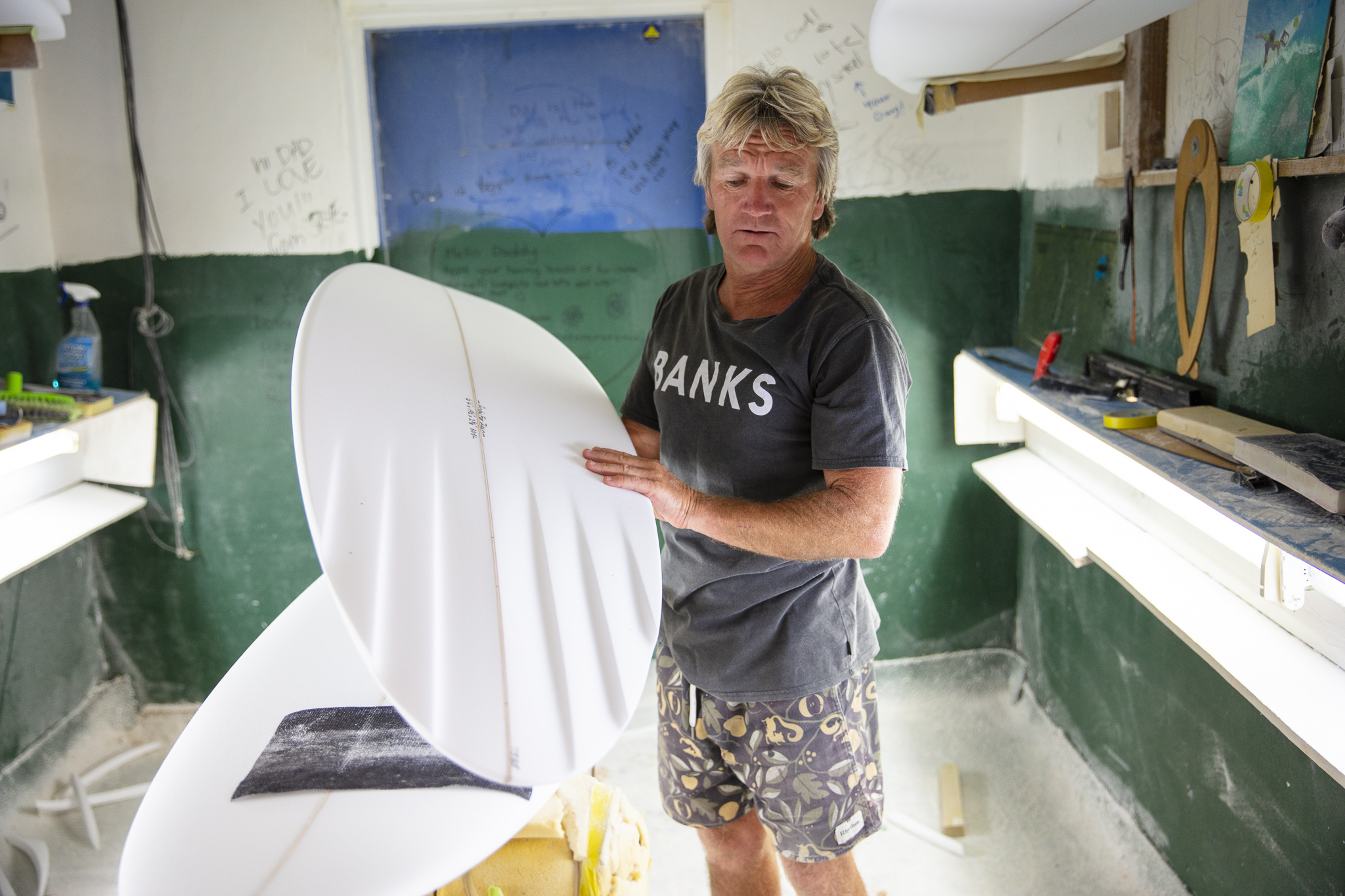
And it matters when you buy a surfboard, too. Money spent with a New Zealand shaper or board manufacturer trickles directly into sponsorships of surfers, events and support of local surf media. We’ve been fortunate to spend a lot of time with many of our local shapers throughout the country and there is not a single one who doesn’t give back to the sport in their local area or nationally in some way.
International marketing has certainly positioned some international brands as being ahead of the technology curve, but the smoke and mirrors nature of marketing can be misleading. In fact New Zealand surfboard shapers are among the very best in the world. Some of that is because of our links into high-performance racing yacht technology and the rest is because of our Kiwi-attitude to innovate.
Think about this: next time you’re in a surf shop take note of the swing tags and posters around the place. If you find one of our many talented Kiwi athletes used in the marketing collateral then you know that brand is giving something back to New Zealand surfers and the New Zealand surfing industry.
But really the decision is simple: do you want to see surfing in New Zealand thrive and our athletes get access to real support to compete internationally? Or would you like to see a corporate group, with tenuous links to actual surfing, grow its bottomline? It does come down to people like you and what you want to see for the future.
Our New Zealand surfboard shapers aren’t the only ones who need your support. Did you know we have three wetsuit brands in New Zealand? Not counting Rip Curl, which now sits alongside the Kathmandu giant, we have Seventhwave, our longest continuously running wetsuit company based in Christchurch, then Bodyline, which is being continued by Seaquel Products in Auckland and newcomer Coastlines, which launched recently with its inaugural New Zealand-centric range.
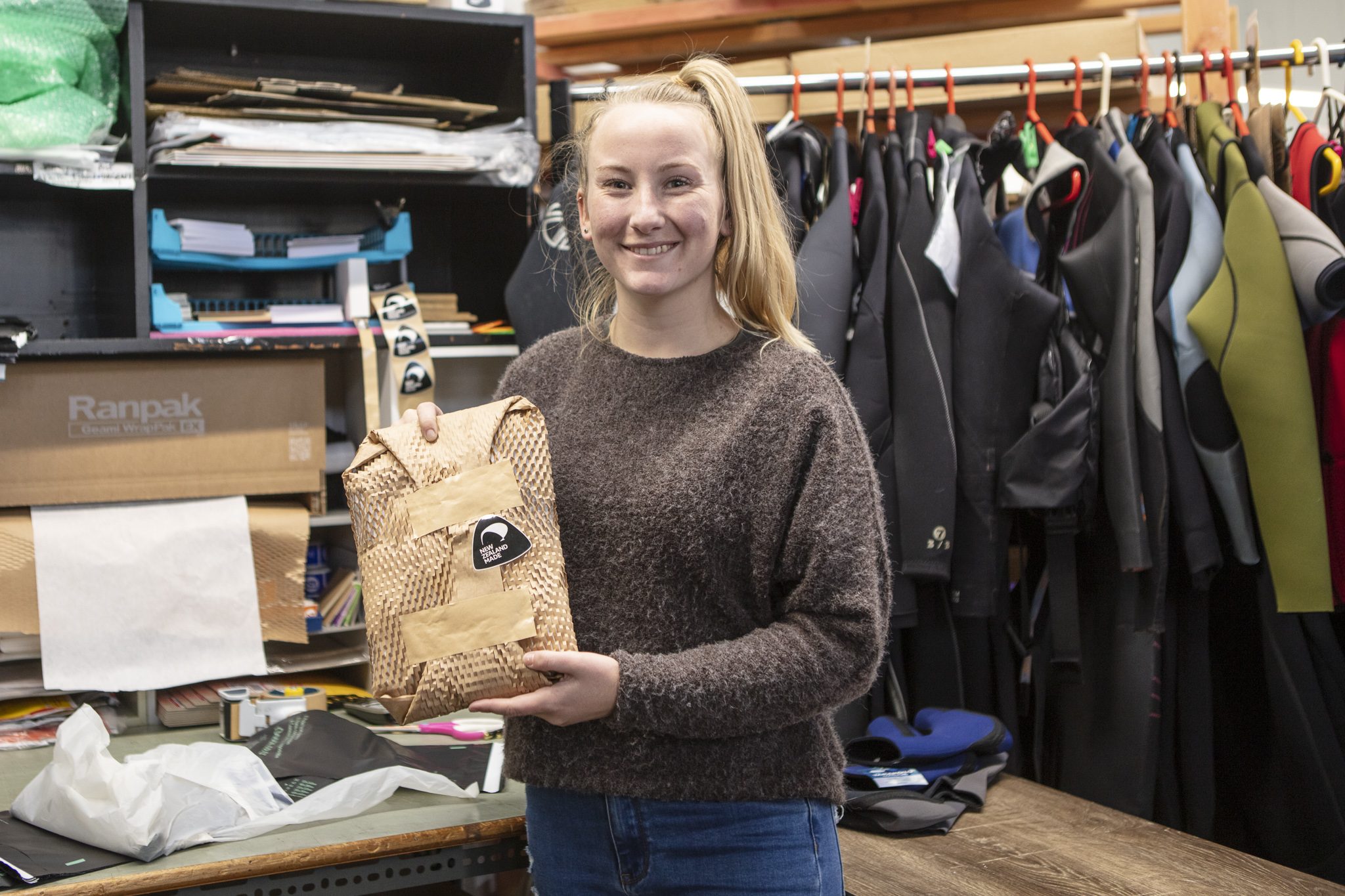
Bodyline and Seventhwave are both manufactured locally, while Coastlines wetsuits are manufactured offshore. We challenge you to look at the websites of these three and see who they use for promotion, see where they spend their marketing money and the events they’re involved with. The list of New Zealand surfers is the way it should be: locals supporting locals. This is what our New Zealand surf industry looks like, it’s encouraging and it’s worth investing in. Coastlines, Bodyline and Seventhwave are truly leading the industry here and we applaud their resilience and dedication to it. So too are the shapers throughout the country who build boards for the exact same waves we surf.
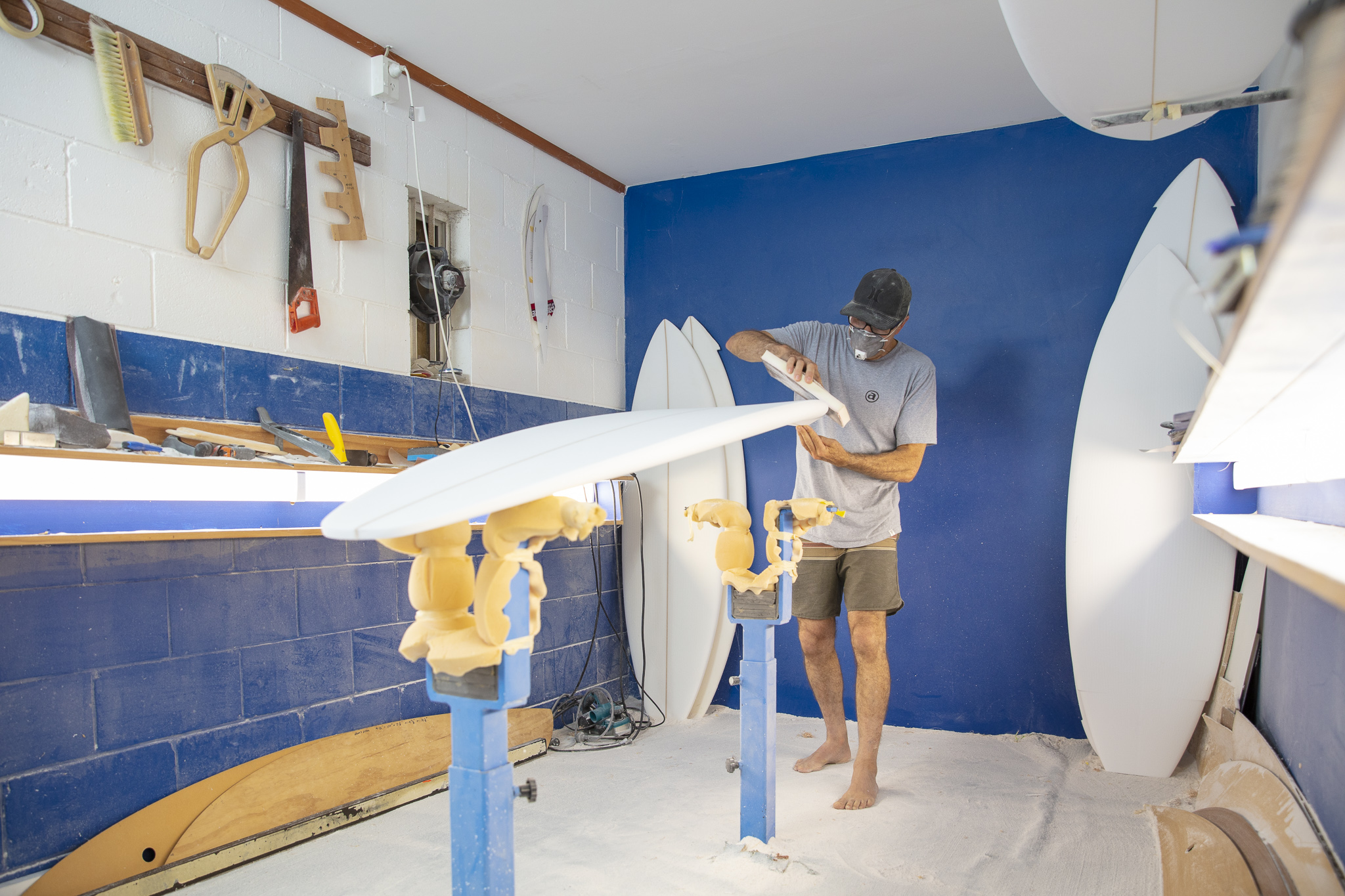
Our locals shapers are also local surfers. We share waves with them, we hangout, we talk about swells that haven’t yet faded from memory. Why wouldn’t we support them?
Yes, there is a place for international brands, but it shouldn’t be our default. Variety is always going to be in vogue, but think about this: next time you’re in a surf shop take note of the swing tags and posters around the place. If you find one of our many talented Kiwi athletes used in the marketing collateral then you know that brand is giving something back to New Zealand surfers and the New Zealand surfing industry.

Look at the advertising in our surf media and tell me how many New Zealand surfers are being used to reach you? Not many is the answer. We have full respect for Gabriel Medina, Mick Fanning, Italo … the whole WSL Championship Tour team, but we want to see Billy Stairmand in that barrel, or Paige Hareb ripping Rockies to bits. We know it works, Backdoor ran some incredible shots of Billy Stairmand at a Coromandel break in an advert that ran in New Zealand Surfing Magazine recently. It was hands down the best advert in that issue. It had Kiwi waves absolutely pumping and our Billy smiling back out of the pit. Genius. More of that please.
It’s like a pair of jeans with a hole in one pocket. We can keep putting coins in there, but we know we’re never going to see them again. Or we can put them in the other pocket and start to see the benefits manifest in the health of New Zealand’s own surf industry.
The time has come to get patriotic about this. Now it’s up to you.

